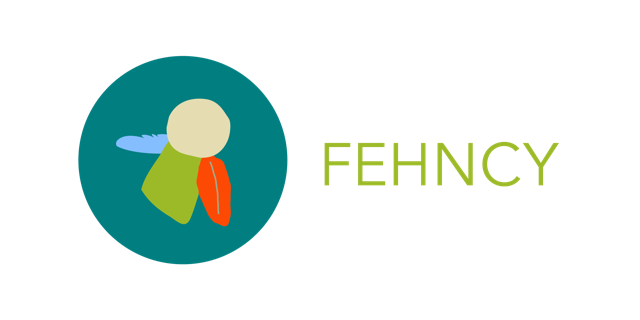All in-person data collection for FEHNCY is currently on hold to comply with the physical and social distancing recommendations issued by the provincial and federal governments. The FEHNCY team will be conducting remote only data collection and will continue modifying the project methods, timeline, and protocols in collaboration with First Nation partners to adapt to the current circumstances. The mobile clinic component has been postponed until further notice.
JOB OFFER - Laboratory Research Technician
JOB OFFER – LAB TECHNICIAN
We are currently looking for a laboratory technician for the pilot study of FEHNCY: The Food, Environment, Health and Nutrition of First Nations Children and Youth Study. This pan-Canadian project is funded by the Department of Indigenous Services Canada from 2019 to 2029 and is being carried out by our team at the Quebec City UHC Research Centre, in collaboration with the University of Ottawa, Université de Montréal, McGill University, Health Canada and the Assembly of First Nations. Two communities will participate in the pilot project. The community of Fort Albany is in a remote area Northern Ontario and is not readily accessible by road. The community of Kanesatake in Quebec is accessible by road. As part of the pilot study, we plan to recruit a total of 100 children and young adults between the ages of 3 and 19 per community (for data and biological sample collection). The objectives of this pilot study are to:
- Measure the exposure of children and young adults to several environmental contaminants (heavy metals, persistent organic pollutants and emerging contaminants) in these two communities;
- Measure various biological markers important to the health of children and young adults in these communities (anemia, diabetes, cholesterol, vitamins, etc.);
- Study other determinants of health such as traditional and market foods, substance use, food insecurity and housing conditions. Following the pilot, in the fall of 2020, the FEHNCY project will begin with three communities visited in the fall and then three communities visited in the spring, starting with the Atlantic region, followed by remaining regions over the years until 2029
Main tasks:
- On-site testing: Complete blood count, blood glucose, HbA1c and mercury in hair;
- Assist the Research Nurse as required during venipuncture with more agitated children;
- Aliquot blood, plasma, serum, urine and hair samples into appropriate containers and storage areas; and Prepare samples for shipment. Requirements:
- Member of the OPTMQ would be an asset;
- Experience in an Indigenous context or in remote areas is an asset;
- Easy communication and patience with children;
- Ability to control a child during a venipuncture, while capturing the child’s attention, reassuring him/her and obtaining the parent’s cooperation;
- Thoroughness in aliquoting and storing samples;
- Proficiency in hematology is an asset;
- Ability and interest in teamwork (with a nurse and the entire project team);
- Punctuality and sense of humour;
- Ability to work a flexible work schedule.
- Fluency in both French and English is an asset.
Contract duration: 7 weeks, full time, in March, April and May 2020 (plus a few hours of training beforehand). Possibility of renewal; 3 months/year in the fall and 3 months/year in the spring over the next 10 years. Schedule: Flexible (be available day and evening and weekends as needed)
Salary: Based on work experience
For more information and to send your offer of service, before February 14, 2020, please contact:
Nathalie Ouellet, in charge of the laboratory component of the project
Phone 418-650-5115 x4801
nathalie.ouellet@inspq.qc.ca
or
Lynn Barwin,
FEHNCY Project Manager
Phone 613-562-5800 x7214
lbarwin@uottawa.ca
 Mélanie Lemire, Senior Researcher with the FEHNCY project at the CHU de Québec, holds the Sentinelle Nord Partnership Research Chair in Ecosystem Approaches to Health, Associate Professor in the Department of Social and Preventive Medicine at Université Laval and Researcher at the CHU de Québec. Her projects promote interdisciplinary, intersectoral and participatory approaches and focus on the study of global ocean changes, environmental contaminants and nutrition as they relate to the health of Indigenous and coastal populations. Results are used to inform decisions, the development of decision-support tools and the implementation of programs and policies at the local, federal and international levels.
Mélanie Lemire, Senior Researcher with the FEHNCY project at the CHU de Québec, holds the Sentinelle Nord Partnership Research Chair in Ecosystem Approaches to Health, Associate Professor in the Department of Social and Preventive Medicine at Université Laval and Researcher at the CHU de Québec. Her projects promote interdisciplinary, intersectoral and participatory approaches and focus on the study of global ocean changes, environmental contaminants and nutrition as they relate to the health of Indigenous and coastal populations. Results are used to inform decisions, the development of decision-support tools and the implementation of programs and policies at the local, federal and international levels.

Leave a Reply